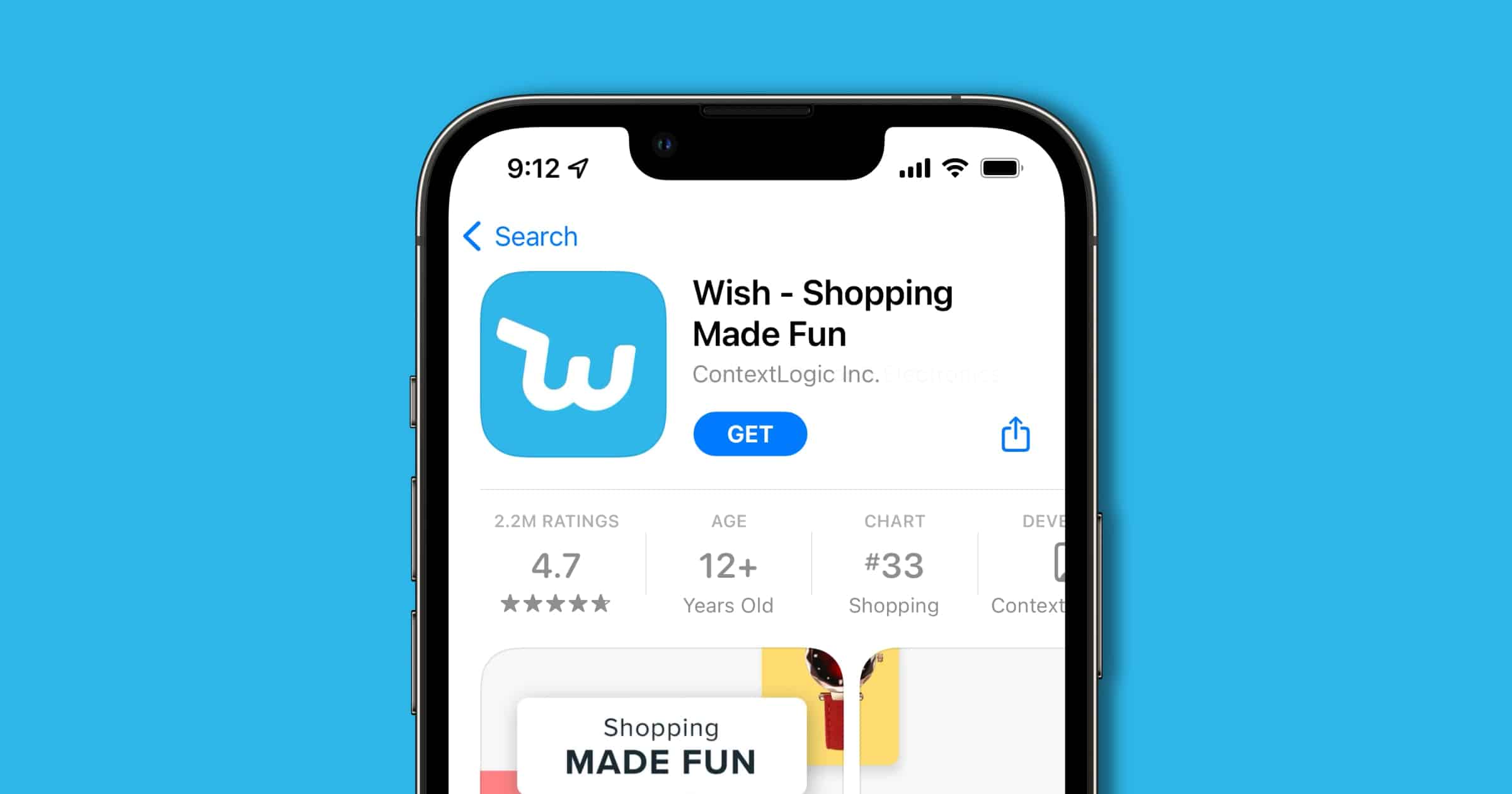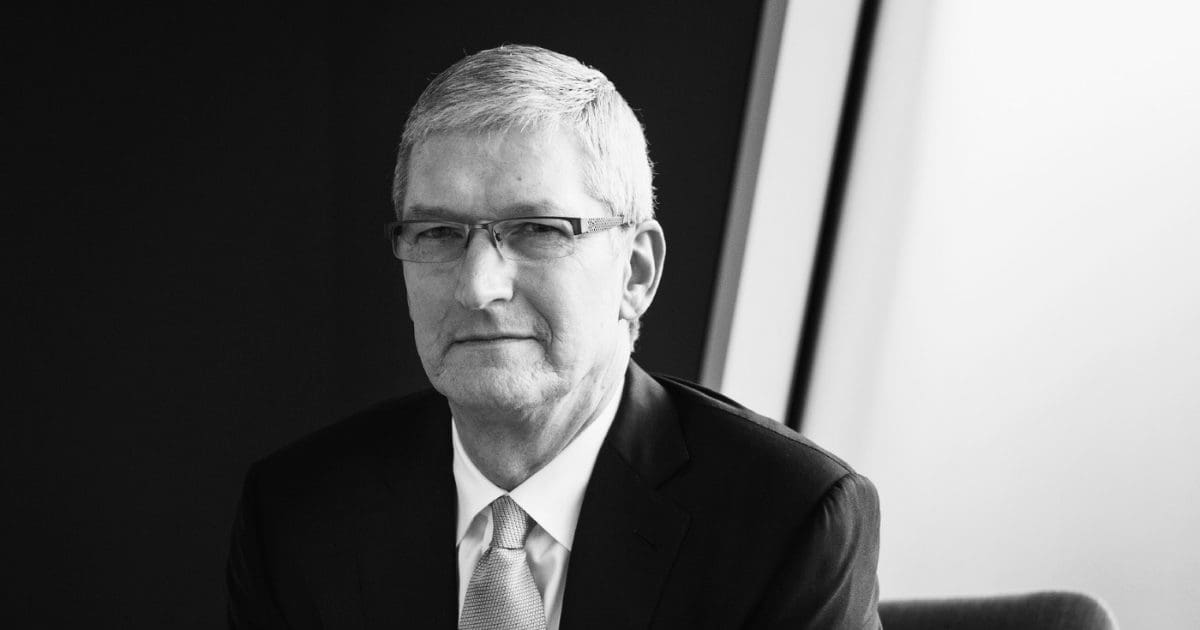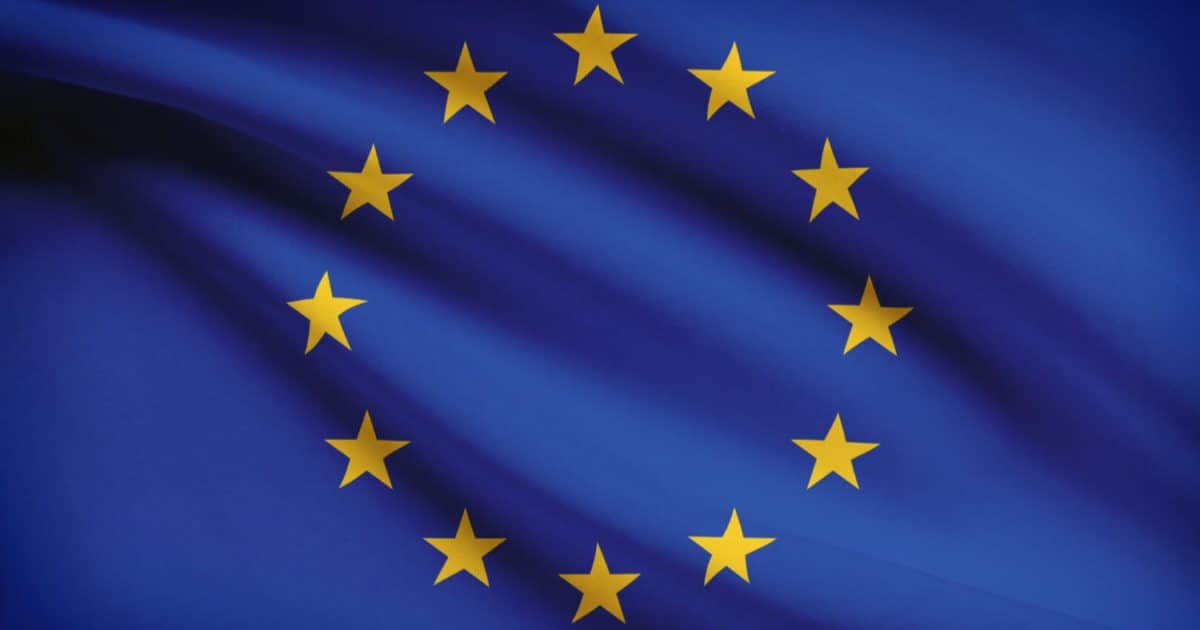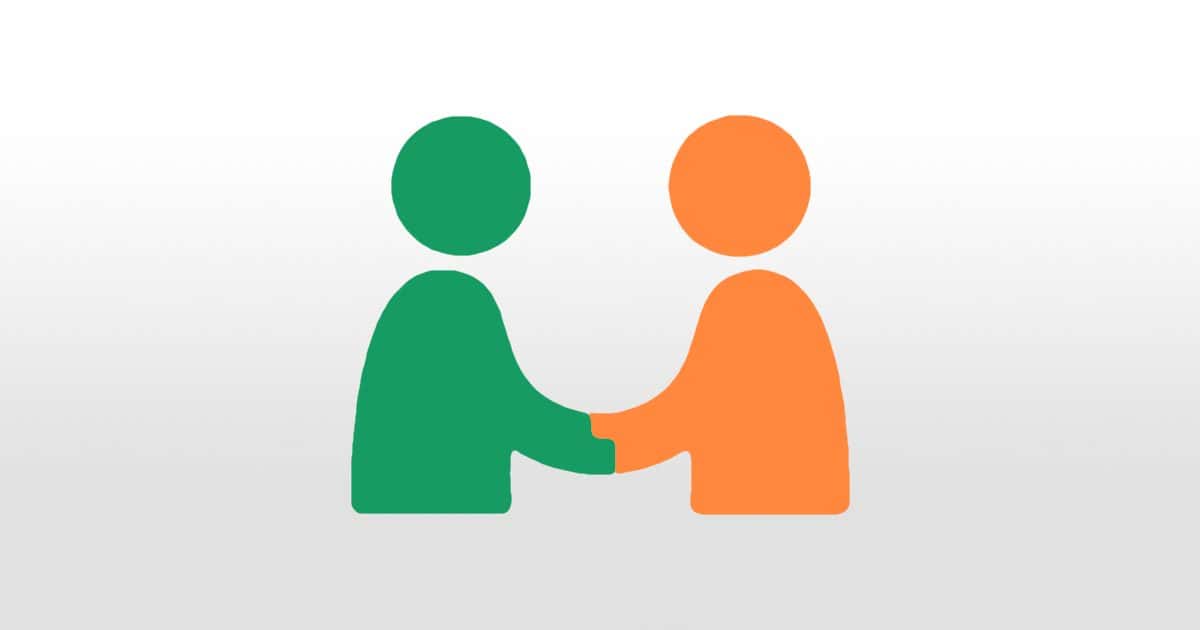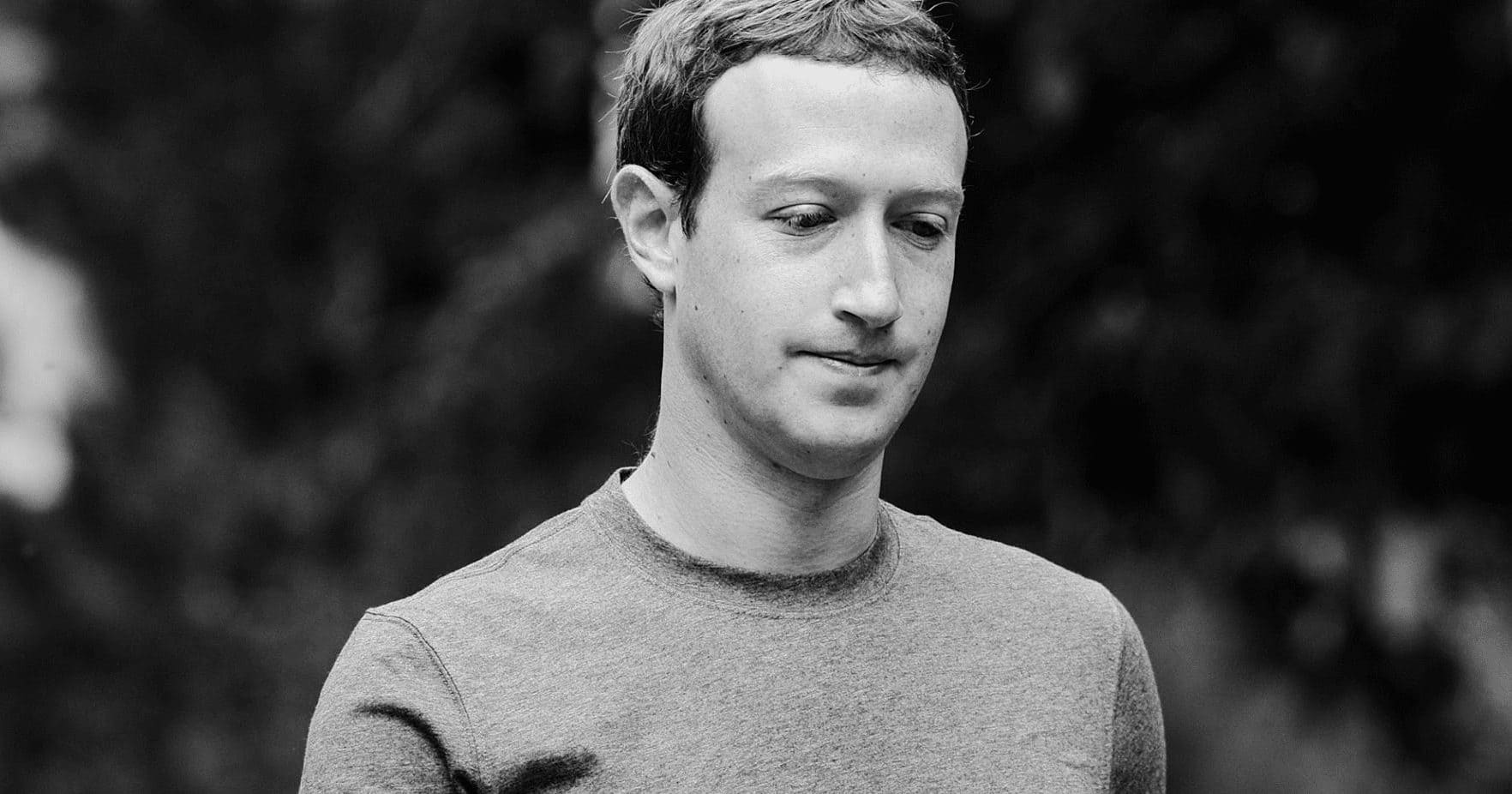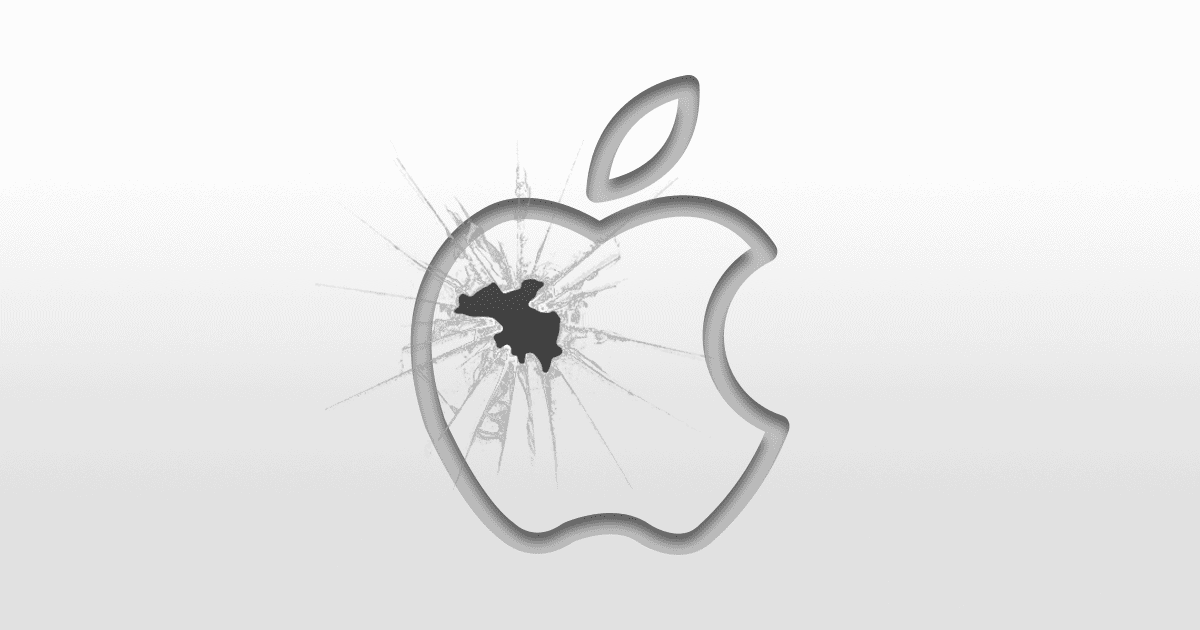The EU is moving ahead to regulate large tech companies such as Apple, the goal is allowing developers open access to hardware and software.
Regulations
France Seeks Removal of 'Wish' From App Stores, Search Engines
The French administration wants app stores and search engines to remove Wish after an investigation of its products. They found that many of the products listed in Wish don’t meet European standards.
When Wish is notified that it is selling a dangerous good, those products are removed from the marketplace within 24 hours as expected. And yet, “in most cases, those products remain available under a different name, and sometimes even from the same seller. The company doesn’t keep any log related to transactions of non-compliant and dangerous products,” France’s Ministry of the Economy says in its statement.
Apple Hires Economists to Prove App Store is not Anticompetitive
Apple hired economists from the firm Analysis Group who said in a study that the company’s fees are similar to competitors.
Britain Wants Strict Privacy Rules for Kids
Today Britain rolled out strict privacy protections for kids, like requiring tech platforms to turn on protections by default.
The new rules are the most comprehensive protections to arise from heightened global concern that popular online services exploit children’s information, suggest inappropriate content to them and fail to protect them from sexual predators. The British children’s protections far outstrip narrower rules in the United States, which apply only to online services aimed at children under 13.
Lawmakers Want Apple to Turn Privacy Talk into Action
Although Tim Cook vocally supports privacy laws in the United States, Apple doesn’t actually support many of them.
A number of privacy advocates and U.S. lawmakers — who did not attend the meeting — say Apple has not put enough muscle behind any federal effort to tighten privacy laws. And state lawmakers, who are closest to passing rules to limit data sharing, say Apple is an ally in name only — and in fact has contributed to lobbying efforts that might undermine some new data-protection legislation.
This is something I’ve noticed as well. I think Tim and co should do more to support privacy legislation.
Is Europe Going Too Far With Tech Regulation?
Don’t answer that, because the answer is already no. Adam Satariano feels that maybe Europe is going too far when it comes to tech regulation.
Europe has clamped down on violent content, hate speech and misinformation online through a thicket of new laws and regulations over the past five years. Now there are questions about whether the region is going too far, with the rules leading to accusations of censorship and potentially providing cover to some governments to stifle dissent.
The New York Times: Why does Apple control its competitors?? Also The New York Times: Is Europe going too far?? I know that these articles were written by different people, but I still did a double take so hard that now I have whiplash.
After Spotify Complains, EU Launches Apple Music Probe
The European Union is launching an Apple Music probe after Spotify accuses Apple of antitrust since it owns both Apple Music and the App Store.
Ireland Hinders the World on Data Privacy
Despite the introduction of GDPR last year, Ireland has yet to enforce those rules against Silicon Valley tech companies.
Mark Zuckerberg Sweats as Regulators Hungrily Eye Him Up
After the latest Facebook privacy fiasco which involved Instagram passwords, regulators are looking even more closely at Mark Zuckerberg.
France Accuses Internet Archive of Hosting Terrorist Content
The French Internet Referral Unit sent 550 takedown demands to the Internet Archive claiming that it hosts “terrorist propaganda.”
Mark Zuckerberg Ruined the Internet. Now He Pretends to Care About It
Mark Zuckerberg is at it again with another essay. This time he says that the internet needs to be regulated and thinks Congress should focus on four areas first. Roger McNamee gives his thoughts on it.
Mark Zuckerberg’s recent opinion piece in the Washington Post is a monument to insincerity and misdirection. The essay offers proposals to address four important issues – harmful content, election protection, privacy and data protection, and data portability – but each proposal is transparently self-serving.
Should Apple Be Broken Up? Probably Not
Apple just announced a slew of new services, so you know what that means? It’s a monopoly and should be broken up, at least according to Cale Guthrie Weissman.
In the two-hour presentation, Apple transformed from product maker to platforms and services provider; Tim Cook’s ambition is to control every aspect of its domain. And that should give many of us pause…Less than a month ago, Elizabeth Warren made headlines for her sweeping plan to break up the tech giants. Though she didn’t initially mention Apple, she later explained to the Verge that, yes, the Steve Jobs-founded company is also in her crosshairs.
I think certain tech companies need regulation, but I don’t think Apple is one of them (Yes, obviously I’m biased). The only thing Elizabeth Warren did was give reasons why no one will vote for her in 2020.
Your Privacy Can't be Left up to Others
Doc Searls argues that if your privacy is in the hands of others alone, you don’t have any privacy.
If you think regulations are going to protect your privacy, you’re wrong. In fact they can make things worse, especially if they start with the assumption that your privacy is provided only by other parties, most of whom are incentivized to violate it.
I think Mr. Searls makes some good points. I’m in favor of privacy regulations, but I also agree that individuals need to manage their privacy better. Privacy should also be the default, and not a feature you have to pay for.
15 Senators Introduce American Privacy Bill
Unlike Europe the United States doesn’t have GDPR, but that could change with the introduction of an American privacy bill put forth by 15 Senators.
Tim Cook says Tech Regulation 'Inevitable'
Tim Cook conducted a major interview in which he said new regulation was “inevitable” and defended Apple’s relationship wtih Google.
Tim Cook Says Data Mining is Weaponized Against Us
At a privacy conference in Brussels, Belgium Tim Cook spoke about privacy, saying that data mining is weaponized against us.
Tech Lobby Group Introduces Privacy Regulation Framework
A tech lobby group has introduced a privacy regulation framework. The idea is to help form privacy legislation that lawmakers are working on.
Apple Plans to Support Senate Privacy Rules
Axios reports that it obtained an executive’s prepared testimony.
Apple Pauses Its Plan to Introduce Apple Pay in India
Despite talking with banks and the National Payments Corporation of India (NPCI), the plan has been put on hold.
This May You'll Be Able to Download Your Apple Profile Data
Download Apple profile data is a good move, and it’s unfortunate that Apple didn’t have something like this sooner, instead of being forced by regulation.
U.S. Government Seeks to Intervene in Apple's EU Tax Appeal
The U.S. wants to tax all of Apple’s overseas money before the European Union gets a chance.
Canadian Regulators Put an End to Locked Cellphones
The regulations, “will erase millions in annual revenue for carriers” because locking phones is a completely arbitrary practice designed to lock consumes to a carrier.

